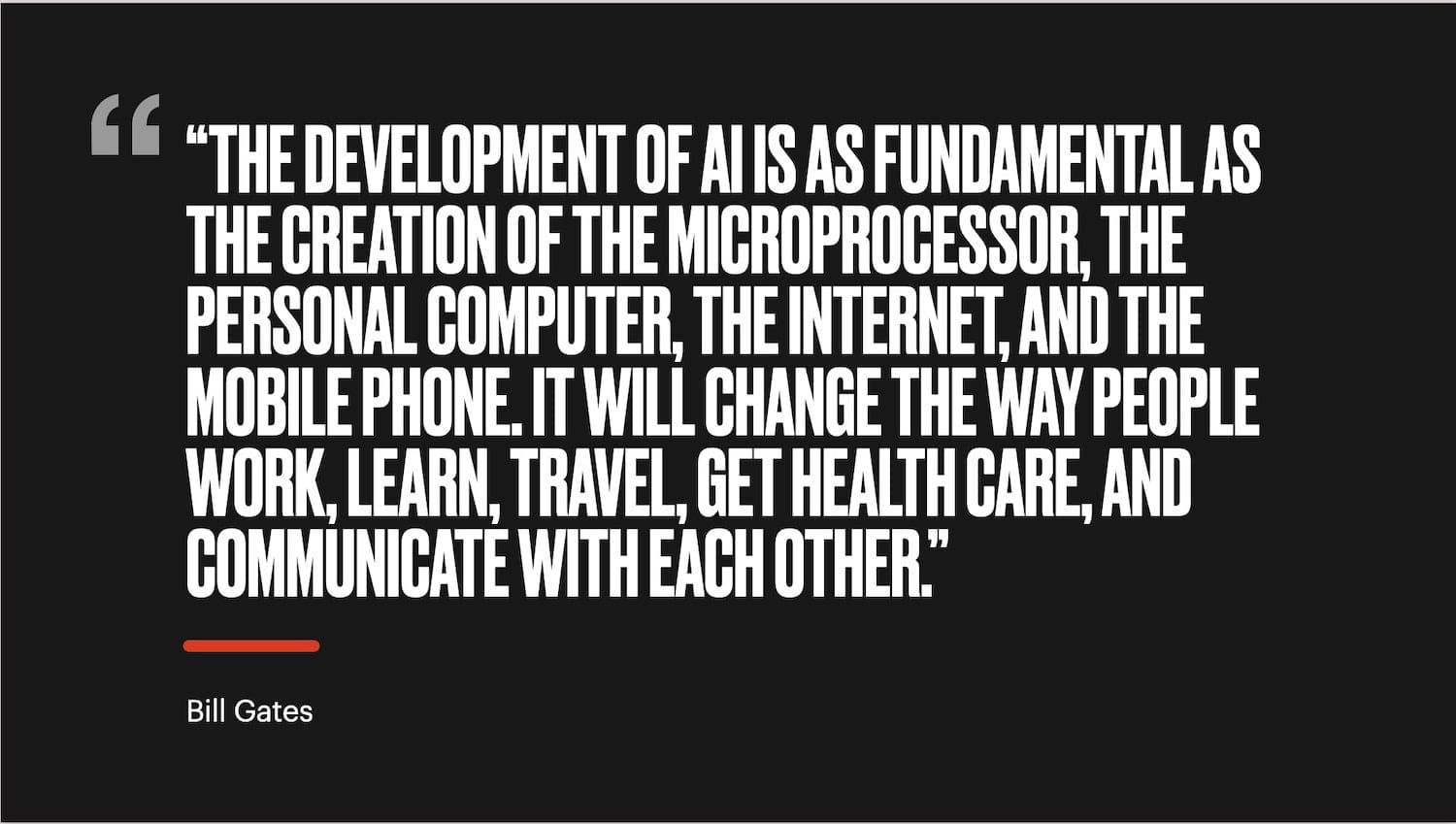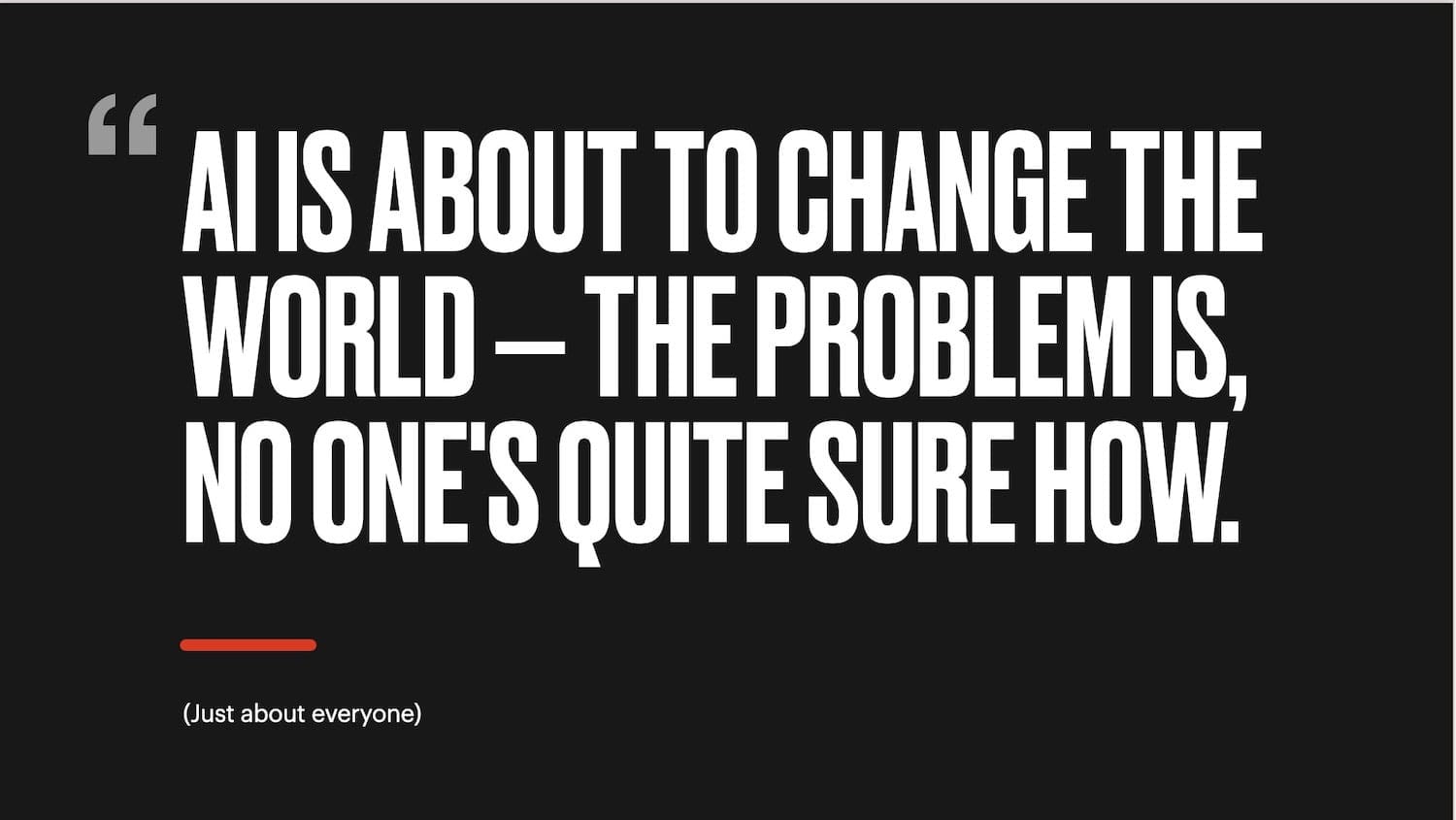Nothing great was ever achieved by those who wimped out! In fact, nature rewards those who at least make an effort to enhance their future with expertise and insight.
It's always better to try to fail than to fail to try - and that's why you should try to do things that have a vague objective, an unknown potential for success, and an absolutely uncertain payback. Why? It might be one of the most important innovation leadership strategies that you pursue as we go into the era of acceleration - because it will help to ensure you develop the required yet unknown and undeveloped skills that you need for the future.
What I've learned from watching my global client base is that those who succeed are willing to take on projects, not necessarily to win - but to learn. They are constantly working on projects that don't fit the usual narrative of certainty of outcome - but they pursue it because they know it will provide their in-depth experience and insight into some key aspects of the disruptive change that will impact them going forward. It’s by understanding change that opportunity is defined, and that’s why moving forward in the absence of clarity is better than waiting around for certainty.
In my book Ready, Set, Done: How to Innovate When Faster is the New Fast, I made this observation:
“Innovation comes from risk, and risk comes from experience. The most important asset today isn’t found on your balance sheet – it is found in the accumulated wisdom from the many risks that you’ve taken. The more experiential capital you have, the more you’ll succeed.”
In a fast-moving world, it’s critically important that an organization constantly enhance the skills, capabilities, and insight of its people. They do this by constantly working on projects that might have an uncertain return and payback – but which will provide in-depth experience and insight into change. It’s by understanding change that opportunity is defined, and that’s what experiential capital happens to be. In the future, it will be one of the most important assets you can possess.
This is particularly true right now in the context of - what else - fast-moving AI technologies. Two slides from the deck that I will use for a leadership team tomorrow emphasize this:

“The development of AI is as fundamental as the creation of the microprocessor, the personal computer, the Internet, and the mobile phone. It will change the way people work, learn, travel, get health care, and communicate with each other.” - Bill Gates
Contrast that with the next slide in my deck:
"AI is about to change the world — the problem is, no one's quite sure how." - Just about everyone

That's the perfect storm for a situation in which a failure done while trying is better than failing to try - as long as it is done well with a goal of minimizing risk (which is a whole other topic altogether!)
Futurist Jim Carroll regularly tries to do things that he can't do.
Thank you for reading Jim Carroll's Daily Inspiration. This post is public so feel free to share it.

